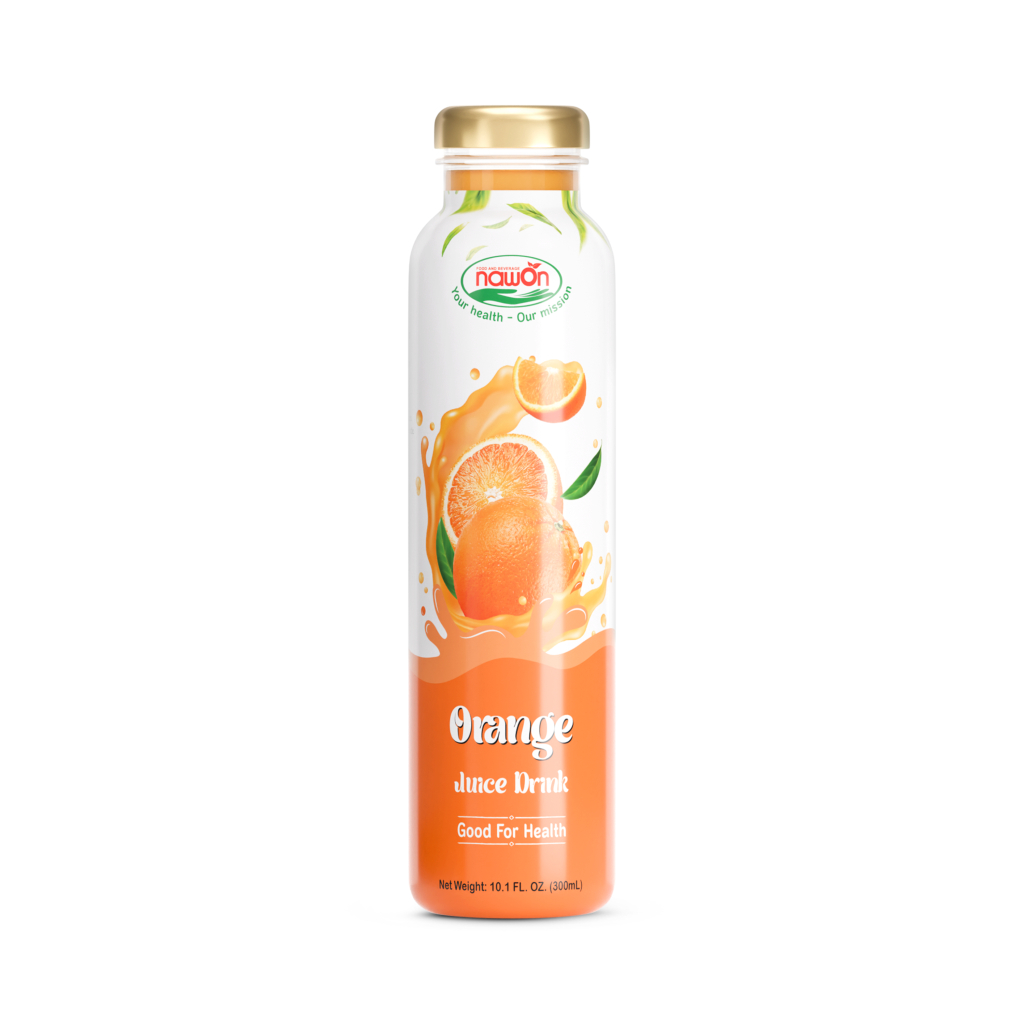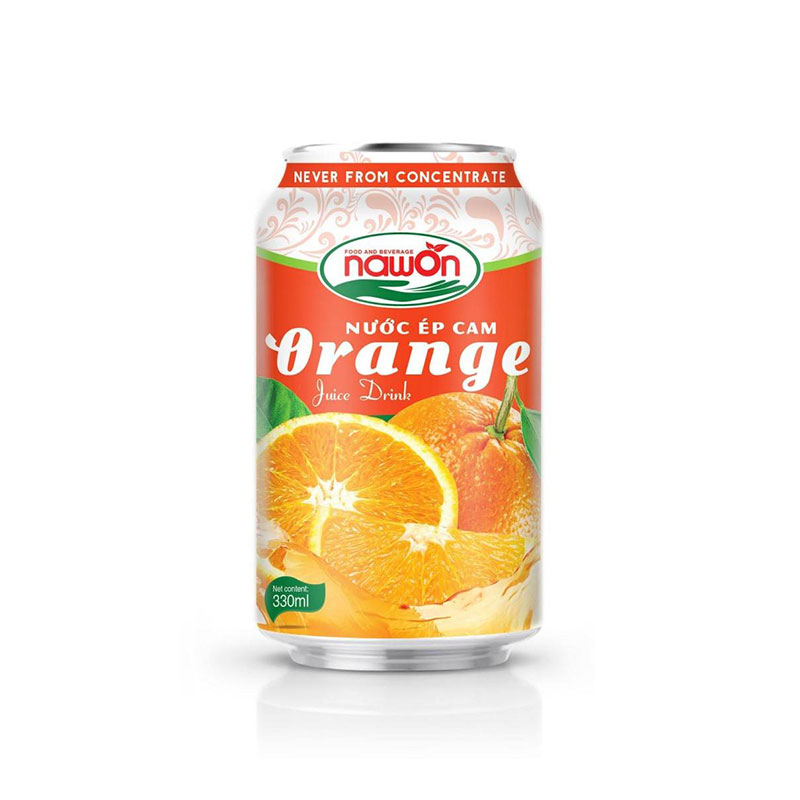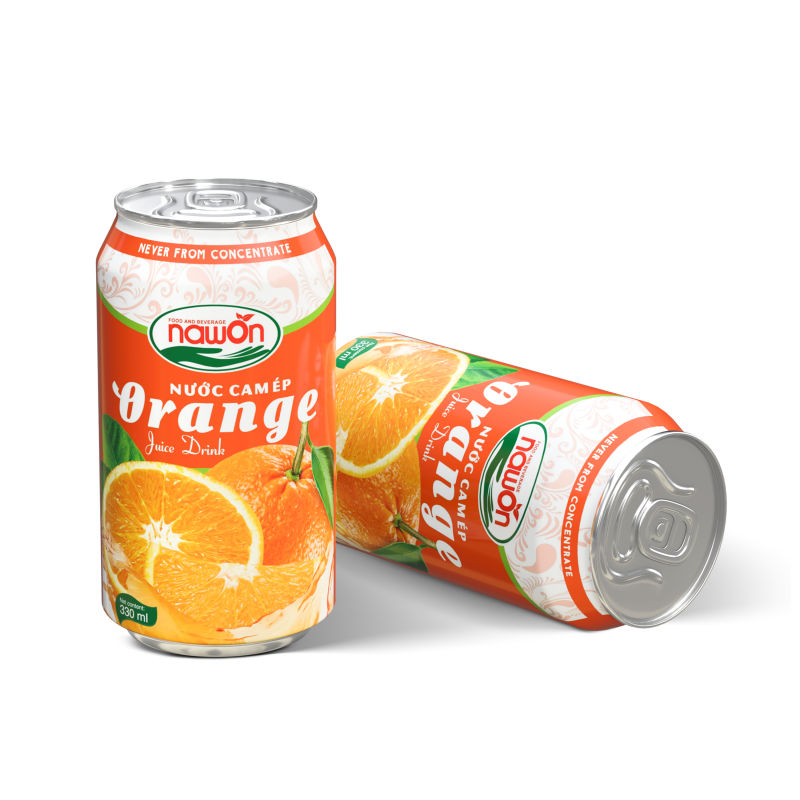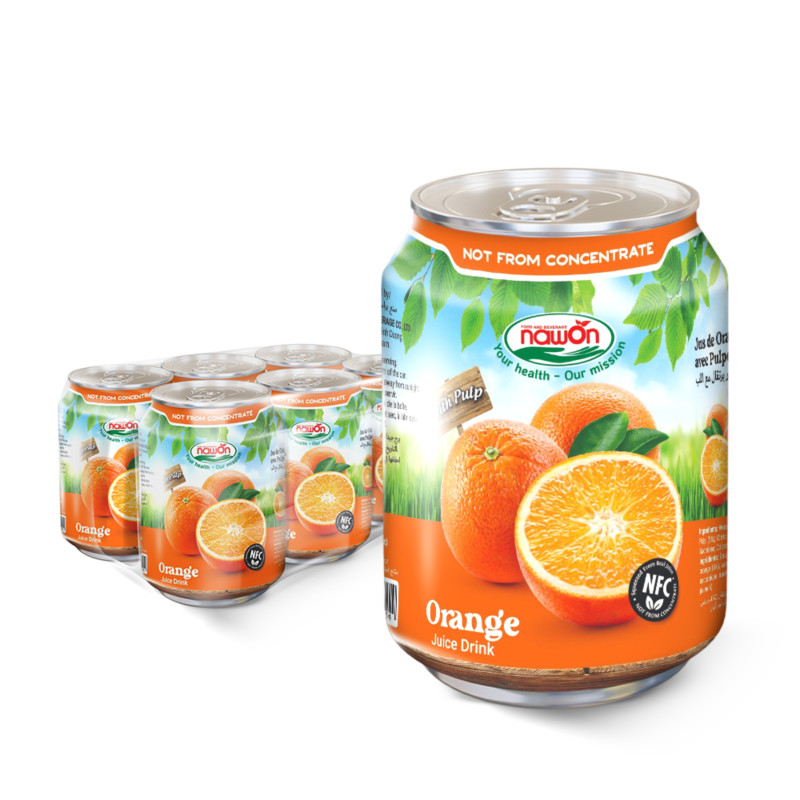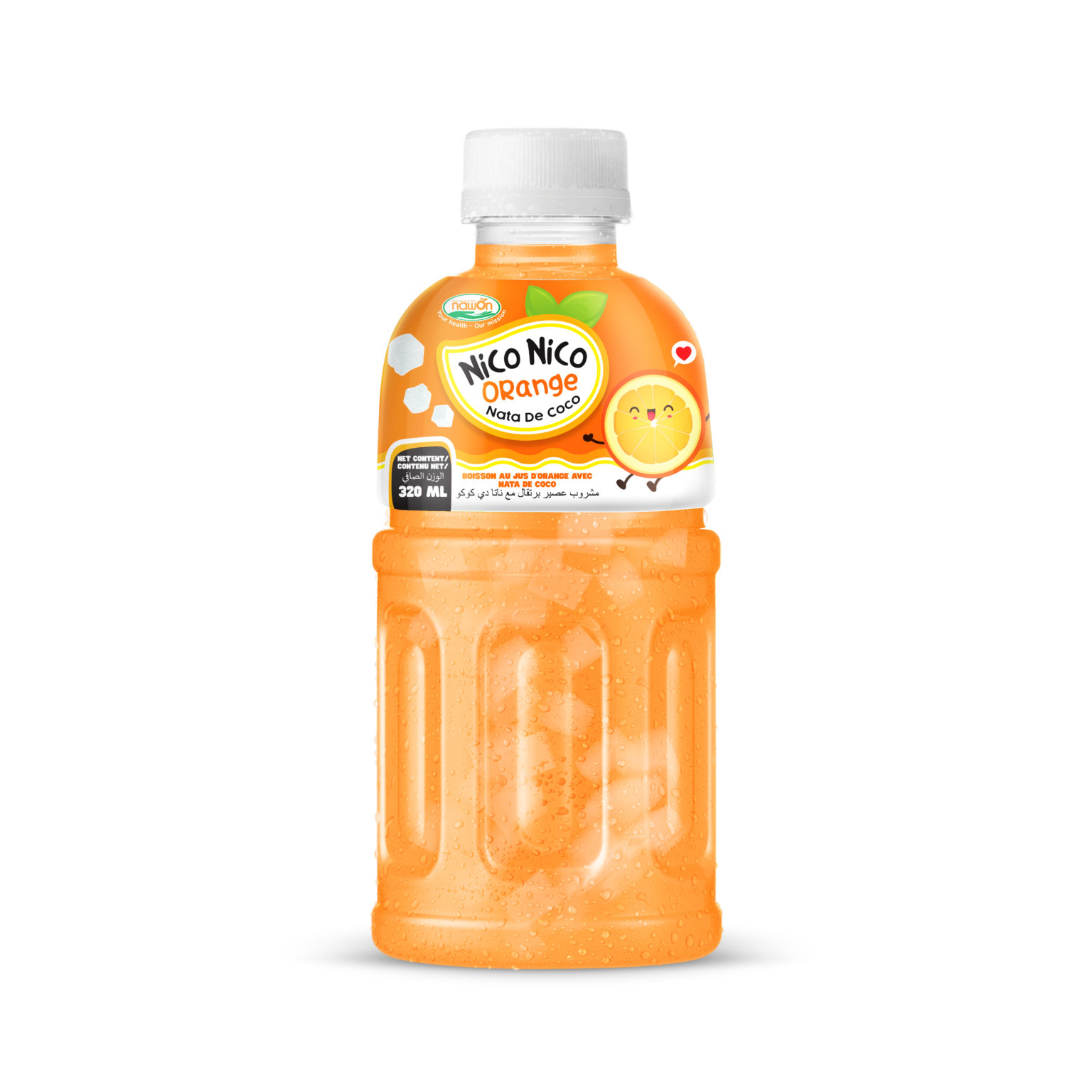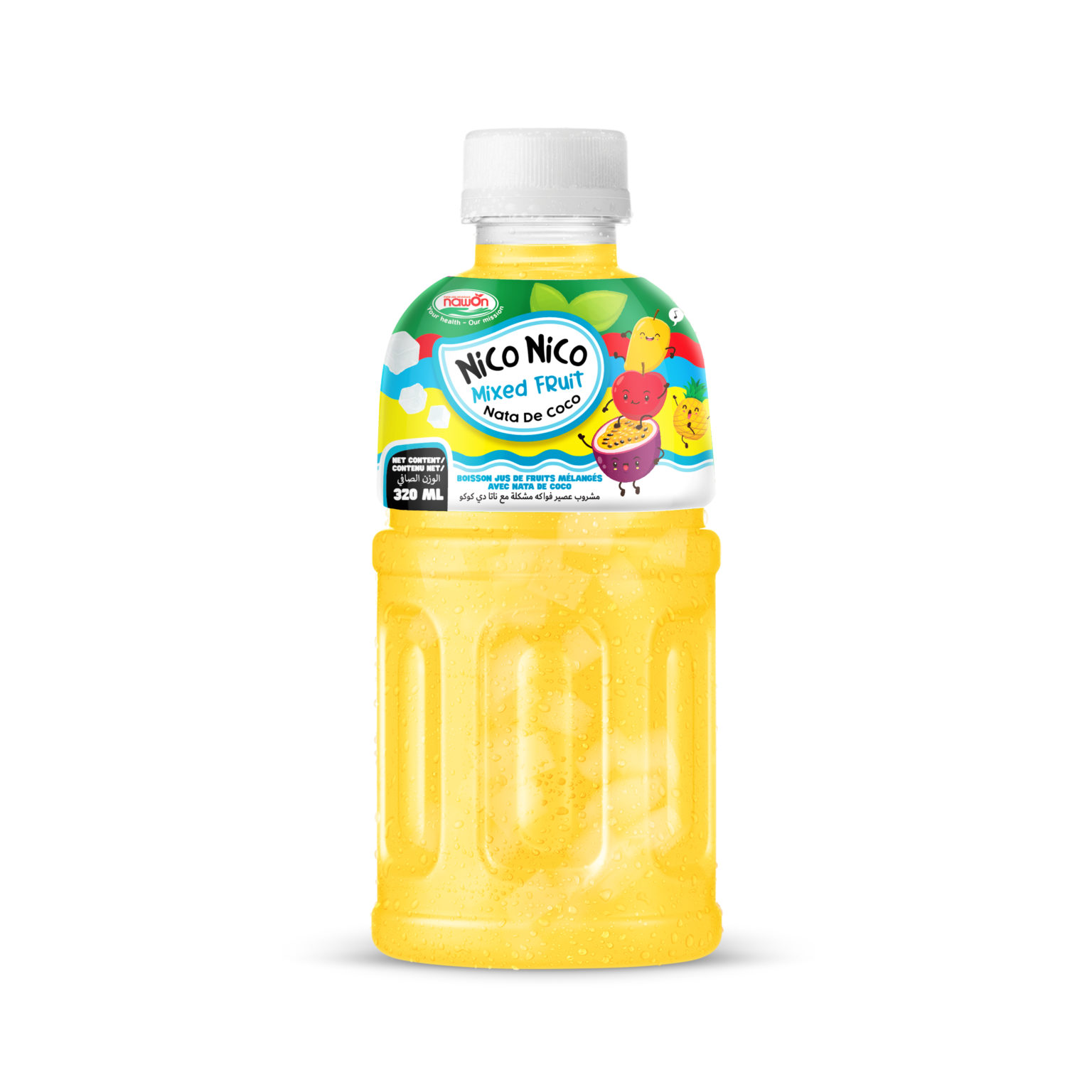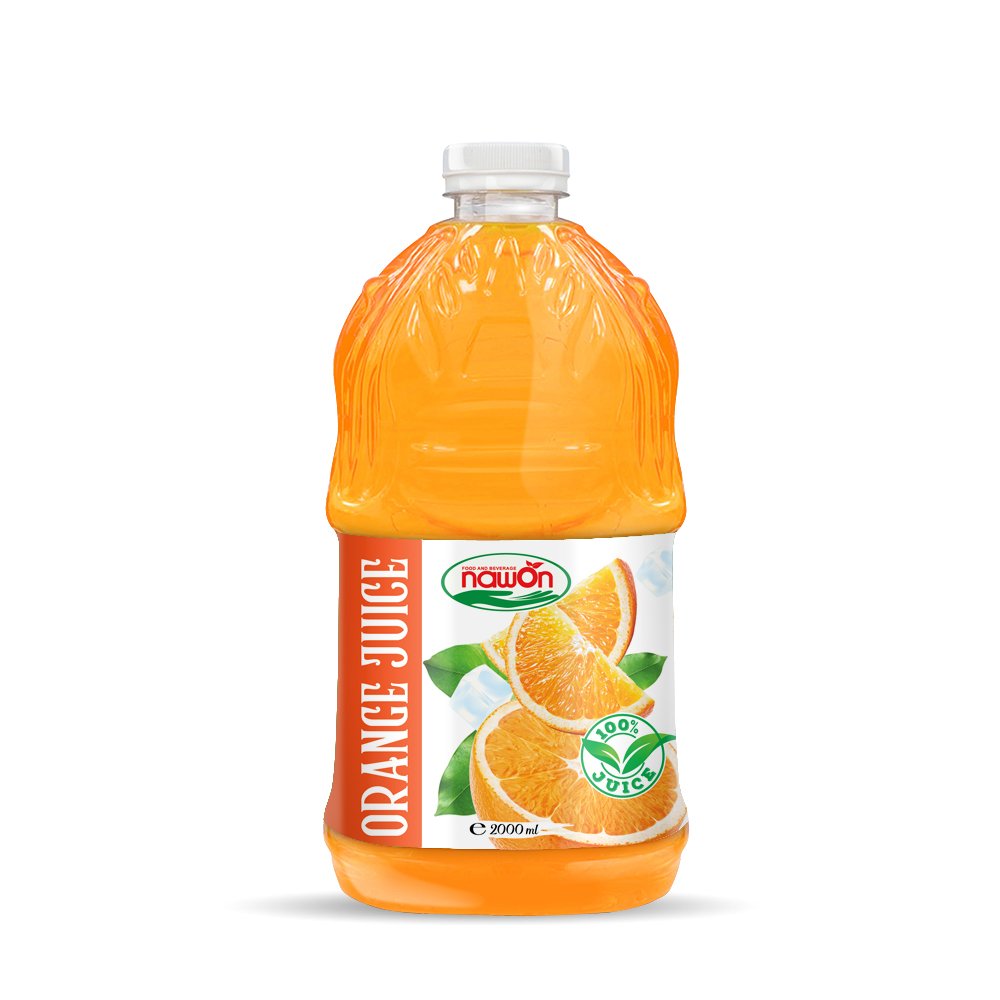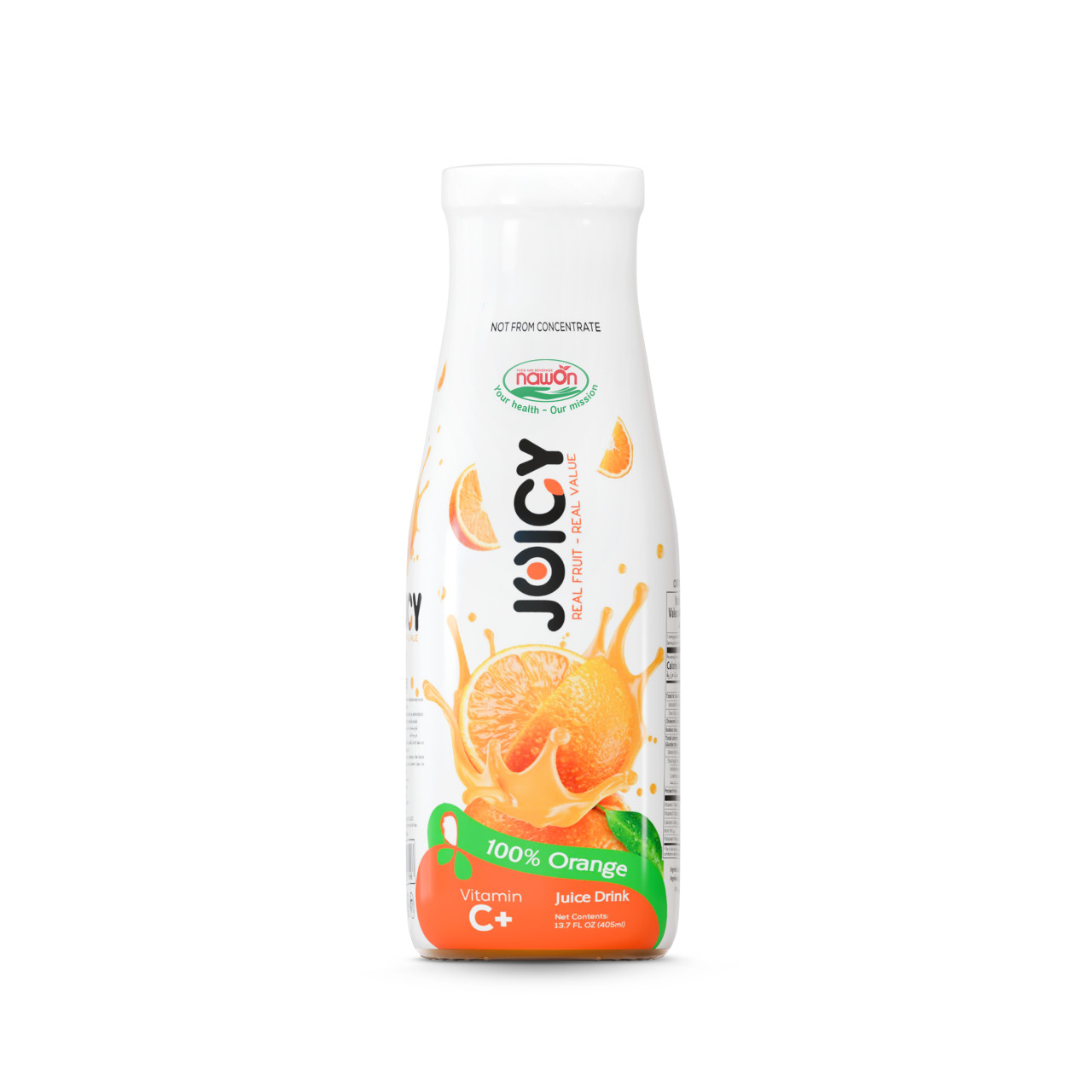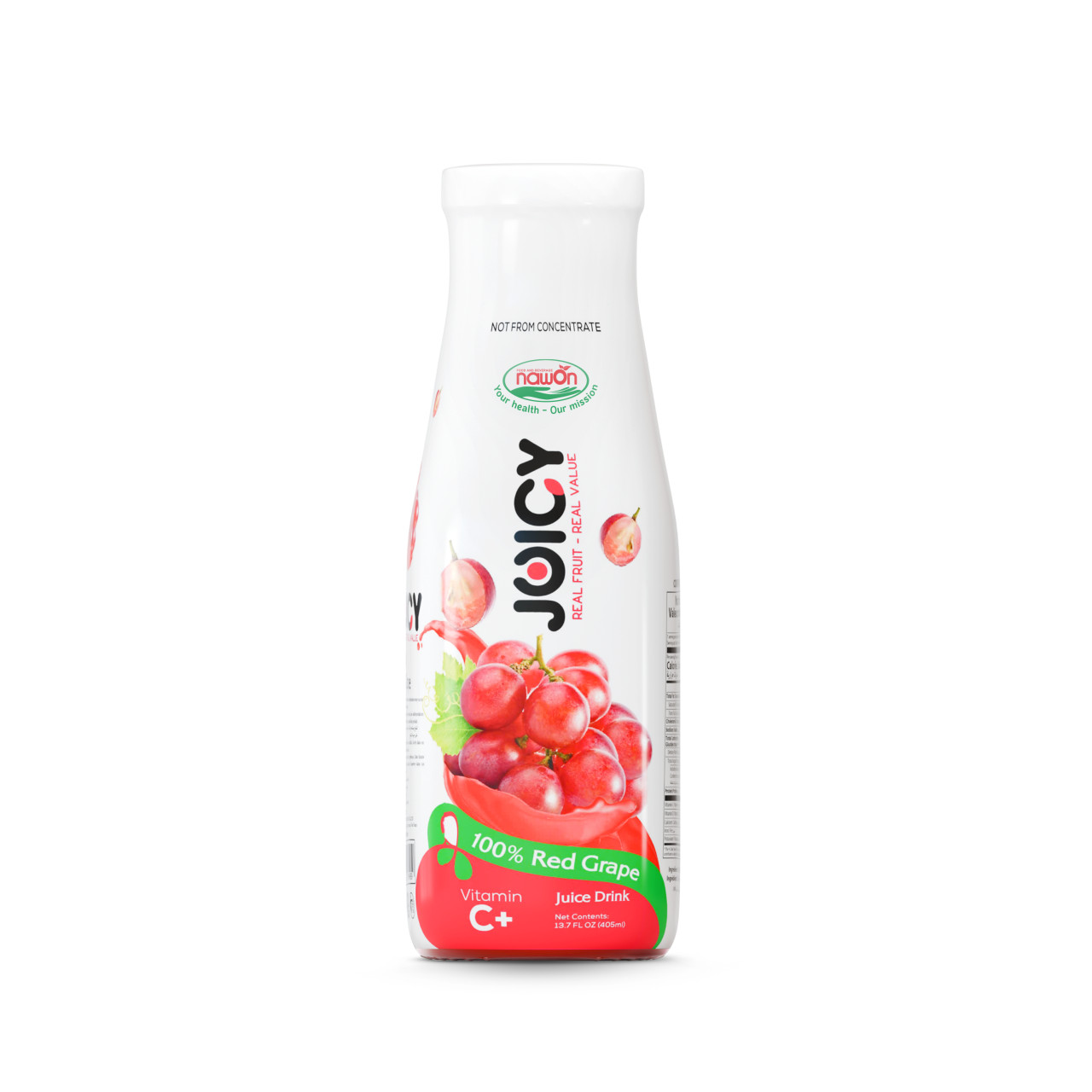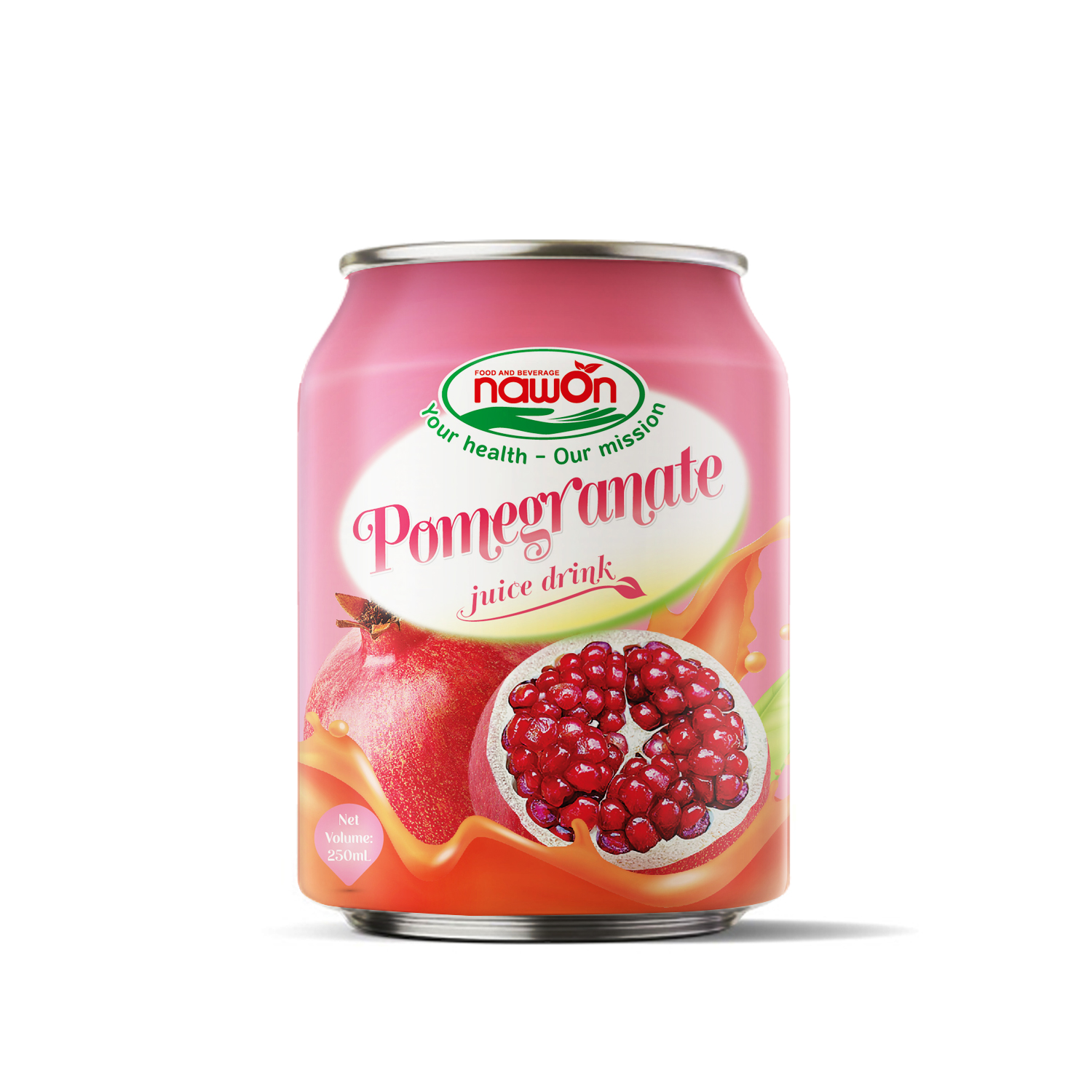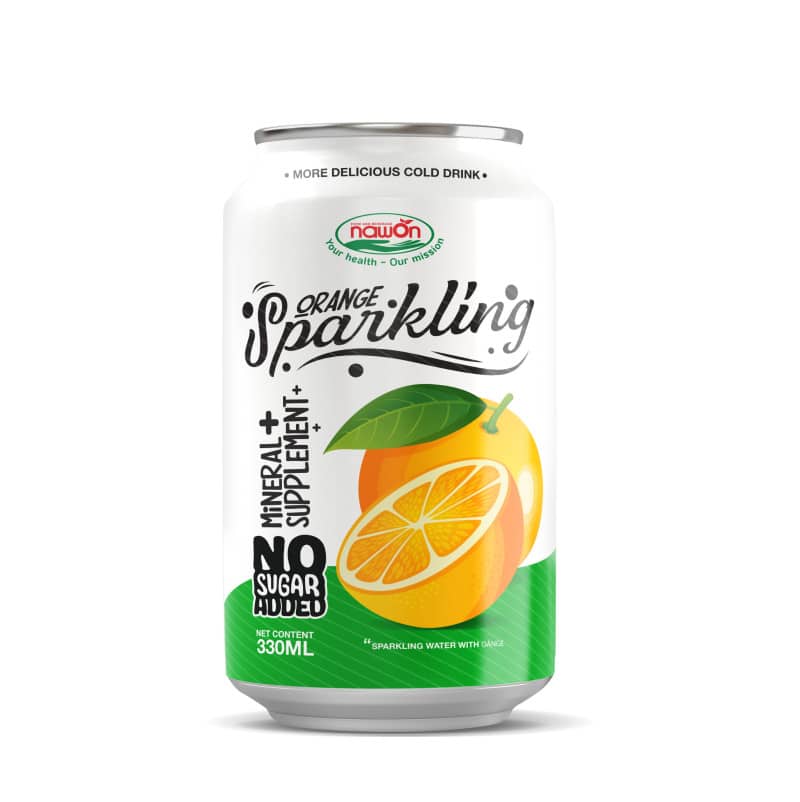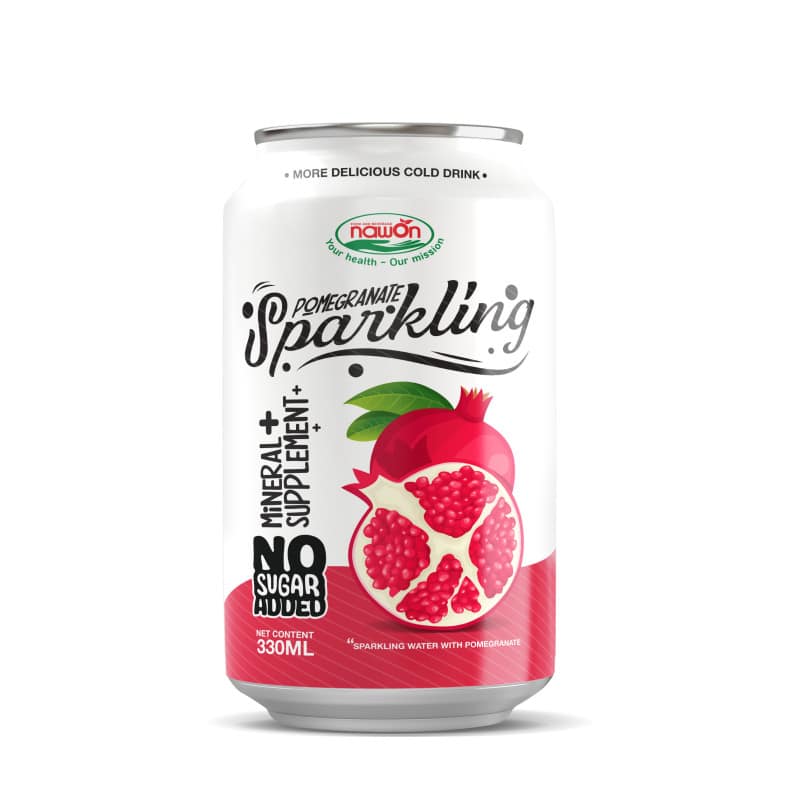Is orange juice good for COVID? This may be a question a lot of people want to have an answer to. Orange juice, with its high vitamin C content and immune-boosting properties, has gained attention as a potential ally in the fight against COVID-19. In this article, we will explore the benefits of orange juice and its potential impact on the immune system during these challenging times.
Why you drink orange juice to combat coronavirus
Health experts say boosting the immune system is the best way to cope with this disease. Providing enough vitamins necessary for the body, especially Vitamin C, will increase the ability of white blood cells to produce and boost the immune system.
However, the human body cannot produce or synthesize vitamin C itself, but it needs to be provided through foods to maintain health. Oranges are the first choice because they contain anti-viral polyphenols, preventing viruses from entering the body and preventing infection.
Orange juice is a favorite beverage with antioxidants and micronutrients like vitamin C, folate, and potassium. Regular consumption has several health benefits, including improved heart health, decreased inflammation, and a reduced risk of kidney stones.
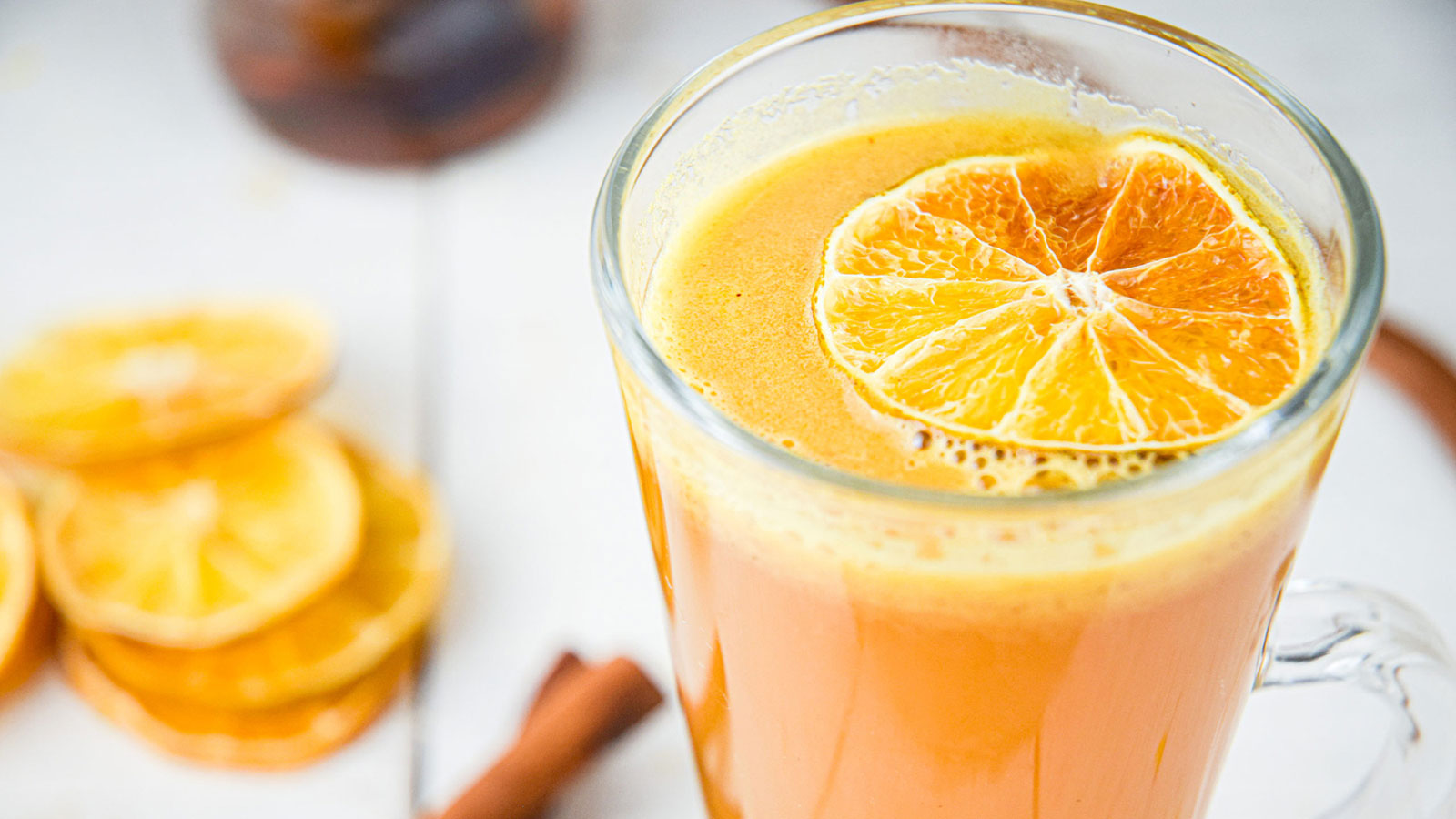
Read more: The Best Orange Juice: TOP Brands Juice Of An Orange
What is orange juice good for about covid?
One beverage that has gained attention during the ongoing challenges of COVID-19 is orange juice. Not only is it refreshing and deliciously colorful, but this fruit juice drink is also packed with essential nutrients that can support the body during illness.
The immune-boosting power of vitamin c
One of the most significant benefits of orange juice is its high vitamin C content. Vitamin C is a powerful antioxidant that plays a crucial role in boosting the immune system. It helps stimulate the production of white blood cells, which are essential for defending the body against infections, including viruses like COVID-19.
In addition to vitamin C, orange juice contains other important nutrients such as potassium, folate, and various antioxidants. These components work synergistically to support overall health, making orange juice a valuable addition to your diet during the pandemic.

Aids recovery and hydration
Staying hydrated is essential to maintaining optimal health, especially when your body is fighting off illness. With its high water content, orange juice can help you stay hydrated while also providing essential nutrients. Proper hydration supports many bodily functions, including circulation and digestion, which are important when recovering from any illness, including COVID-19.
It can also help relieve symptoms like sore throat and fatigue, which are common during viral infections. By incorporating orange juice into your daily routine, you can enjoy a delicious way to stay hydrated and support your body’s recovery.
Explore The Taste Of Orange Juice
Continuel
Antioxidants and inflammation reduction
The antioxidants found in orange juice, including flavonoids and carotenoids, can help combat oxidative stress in the body. Oxidative stress can weaken the immune system and contribute to inflammation, which may exacerbate respiratory illnesses like COVID-19 symptoms.

Read more: What Is Blood Orange Juice & The Health Benefits Of It
A natural mood booster
Mental health is important to overall well-being, especially during challenging times like a pandemic. The refreshing taste of orange juice can provide a small moment of joy and comfort. Additionally, vitamin C has been linked to improved mood and reduced feelings of anxiety. While orange juice does not cure COVID-19, it can contribute to a positive mindset and overall well-being during difficult times.
Creative ways to use orange juice at home
Orange juice is a refreshing drink and a versatile ingredient that can enhance various dishes and beverages. This section will explore some creative and delicious ways to use orange juice at home.
Energizing orange juice smoothie
Start your day with energy by making a delicious orange juice smoothie. Blend a cup of orange juice, a banana, a handful of spinach, and a scoop of yogurt or protein powder. This smoothie is refreshing and packed with vitamins and minerals to kickstart your morning. You can add some frozen berries or a tablespoon of honey for sweetness.

Orange juice popsicles
Beat the heat with homemade orange juice popsicles! Pour fresh orange juice into popsicle molds and freeze for a few hours. For a fun twist, you can mix in pieces of fruit like strawberries or blueberries before freezing. These popsicles are a refreshing treat for kids and adults alike on a hot summer day.
Citrus-infused desserts
Orange juice can elevate your desserts with its bright flavor. Use it in recipes for cakes, puddings, or sorbets. For example, you can make an orange juice cake by substituting some liquid with orange juice in your favorite cake recipe. The result is a moist, flavorful cake that pairs wonderfully with whipped cream or a dusting of powdered sugar.
Refreshing orange juice cocktails
For adults looking to unwind, orange juice can be the base for various cocktails. Mix it with vodka or rum for a refreshing drink. A classic option is the Mimosa, made with equal parts orange juice and sparkling wine. Garnish with a slice of orange for a festive touch.
Incorporating orange juice into your meals, you can enjoy its refreshing flavor while reaping the nutritional benefits of orange juice for Covid.

While orange juice is not a cure or treatment, the benefits of orange juice for COVID-19 may be too good to ignore. It is a simple and delicious way to nourish your body and lift your spirits. Stay healthy, stay hydrated, and enjoy the refreshing taste of orange juice!


